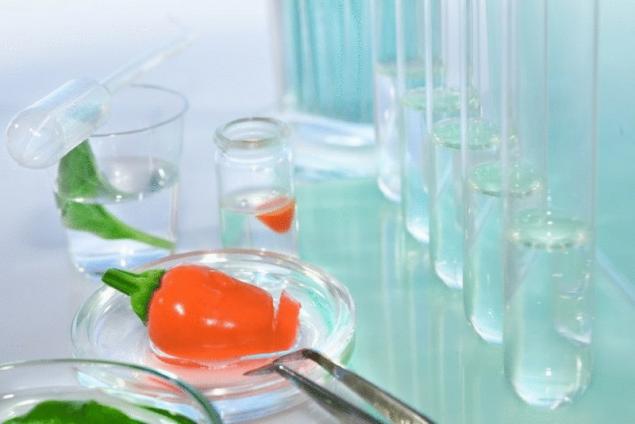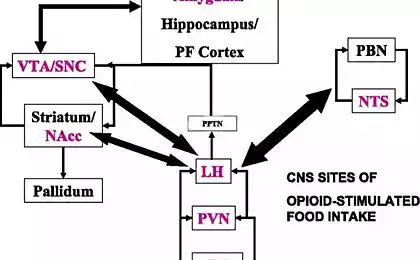420
Pesticides provoke the development of attention deficit disorder in children and adolescents
After receiving the results of the study, the researchers came to the conclusion that the use of pesticides in the presence of children ADHD affects their hyperactivity and impulsivity. This relationship affects the development of children, particularly on the health of boys.

The study was conducted by researchers from Children's medical center of Cincinnati and published in the journal Environmental Health
According to Tanya Froelich, a pediatrician from the Children's medical center of Cincinnati, the study is of great importance and identifies negative consequences from the use of pesticides, many safe alternatives.
The environmental Committee of the United States, taking into account the irreversible negative consequences of pesticides, banned the 2 most widely used organophosphorus pesticides in 2000-2001. This ban led to the spread of pyrethroids, which nowadays are widely used in agriculture.
Pyrethroids have long been considered the safest pesticides, they are less toxic in contrast to the forbidden organophosphorus pesticides. However, animal experiments showed the opposite: they became more restless and short-tempered.
The study involved 687 children aged 8 to 15 years. The measurement of external effects of pesticides was carried out on the basis of the analysis of urine taken from the two groups of children: 8-11 years and 12-15 years.
The attention deficit disorder with hyperactivity were determined based on the diagnostic survey.
The boys, whose urine was discovered biomarker 3-PBA, indicating the impact of pesticides, was prone to ADHD. Boys without this biomarker has not been traced attention deficit disorder. In girls, the presence of biomarkers was not associated with ADHD.
Dr. Froelich, summing up, said that tests carried out on the basis of a single urine sample. Taking into account the fact that pyrethroids are unstable and quickly disintegrate, it makes sense in the near future to repeat the test. published
P. S. And remember, only by changing their consumption — together we change the world! ©

The study was conducted by researchers from Children's medical center of Cincinnati and published in the journal Environmental Health
According to Tanya Froelich, a pediatrician from the Children's medical center of Cincinnati, the study is of great importance and identifies negative consequences from the use of pesticides, many safe alternatives.
The environmental Committee of the United States, taking into account the irreversible negative consequences of pesticides, banned the 2 most widely used organophosphorus pesticides in 2000-2001. This ban led to the spread of pyrethroids, which nowadays are widely used in agriculture.
Pyrethroids have long been considered the safest pesticides, they are less toxic in contrast to the forbidden organophosphorus pesticides. However, animal experiments showed the opposite: they became more restless and short-tempered.
The study involved 687 children aged 8 to 15 years. The measurement of external effects of pesticides was carried out on the basis of the analysis of urine taken from the two groups of children: 8-11 years and 12-15 years.
The attention deficit disorder with hyperactivity were determined based on the diagnostic survey.
The boys, whose urine was discovered biomarker 3-PBA, indicating the impact of pesticides, was prone to ADHD. Boys without this biomarker has not been traced attention deficit disorder. In girls, the presence of biomarkers was not associated with ADHD.
Dr. Froelich, summing up, said that tests carried out on the basis of a single urine sample. Taking into account the fact that pyrethroids are unstable and quickly disintegrate, it makes sense in the near future to repeat the test. published
P. S. And remember, only by changing their consumption — together we change the world! ©
Diet Michel Montignac: the effects of sample menus, reviews
Psychosomatic diseases: how to program children are our stereotypes of education























